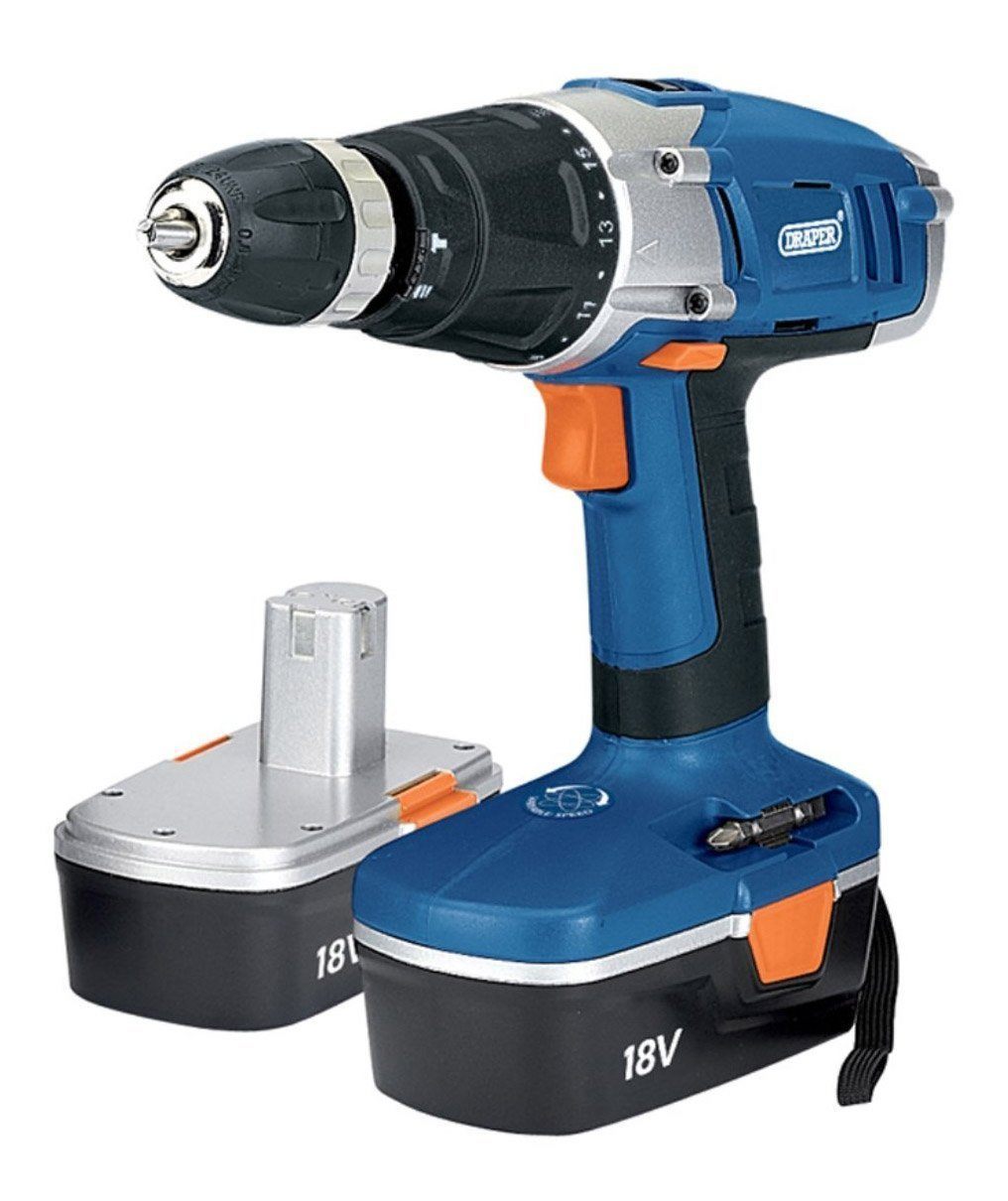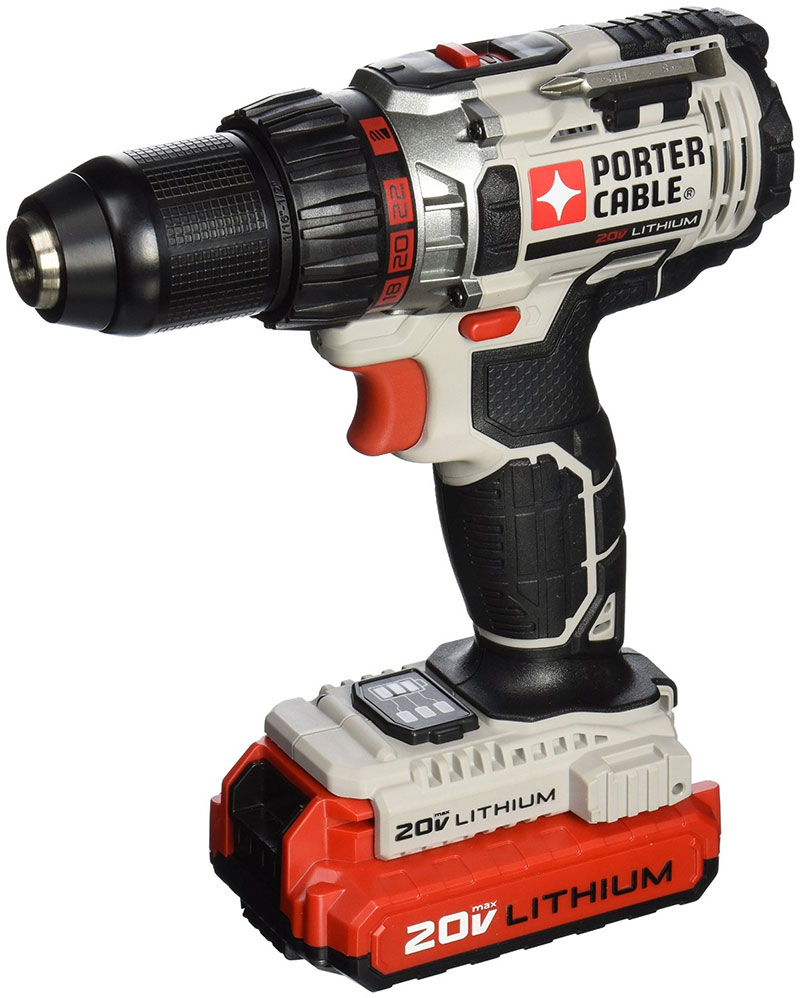A new drill is a good investment if you want to expand your tool range. But which drill do you use, a corded or cordless drill – what’s the difference?
Corded drills, on one hand, are even more effective and are ideally suited to heavy-duty activities. Since they don’t have the extra weight of the charger, corded drills are normally much lighter than cordless drills. Cordless drills, on the other hand, are more compact (no need for a power socket nearby) and are favored by contractors due to their portability, convenience, and ease of use, at least before the battery dies.

Here, you will learn about the pros and cons of corded and cordless drills. If you are looking for a cordless drill for DIY or a corded one, this would be a must read post for you.
Corded Drill
The key reason why operators prefer corded drills over cordless drills is that they are far more effective. Choosing a corded drill over a cordless drill implies you’ll be doing heavier work that won’t be possible without the right amount of fuel. Currently, there is a significant gap. Corded drills have a constant power supply of 110 V, whereas cordless drills have even less – up to 20 V.
While volts shouldn’t be the only factor that determines power production. What you need to note is that voltage and amperage decide the maximum power output (and the second one varies between different models).
Pros and cons of corded drill
The advantages of using a corded drill include the following points.
- Since there is no built-in motor, the bodies are lighter and more lightweight.
- More reliable torque and higher strength.
- Drilling and driving action that is more consistent.
For these reasons, corded drills are vastly preferred for professional use. However, they do have drawbacks, which include:
- Must be connected into power socket at all times
- Tripping hazards can be created by cables.
Cordless drill
The best feature of a cordless power drill is the ease it provides by allowing the customer to operate without having to think about finding a nearby power outlet or tripping over extended wires. It also has a small and light nature that relieves hand strain. Cordless drills are also very simple to store; thanks to their sleek and lightweight nature, they only take up a limited amount of room in comparison to their tethered counterparts. Cordless drills, on the other hand, are not as effective as corded drills; they rely on their batteries for power, but they’re often limited whenever it comes to drilling a hole or driving screws. In comparison to corded power drills, wireless drills are much more costly.
Pros and cons of cordless drills
Following are the advantages of using a cordless drill:
- It is convenient to use and is also portable.
- Cordless drills are lightweight and mobile.
- You can store it anywhere.
- It offers better control and can be managed easily.
But even this has got the following disadvantages which are as follows:

- These are not much powerful compared to the corded ones.
- Its productivity is highly affected by its charging time.
- Also, the corded drills are pretty expensive.
When it comes to drills, the controversy about whether to go cordless or stick with the cord has raged for years. Most people automatically presume that a cordless drill is preferable to a corded drill because of the apparent security features it has. This is an excellent point, but simplicity is just one factor to remember when looking for a cordless drill for DIY.

